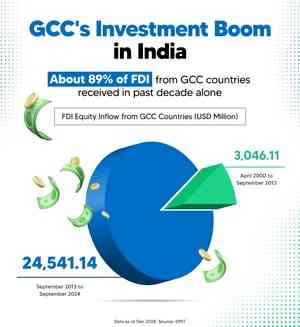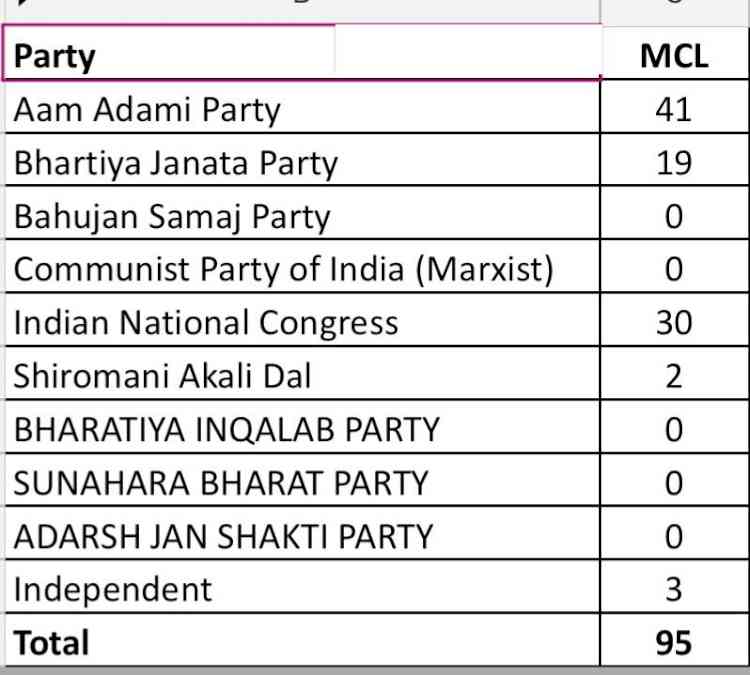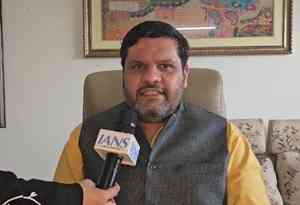JPMorgan declines to include India in widely-followed bond index
JPMorgan has declined to include India in a widely-followed bond index until at least next year after investors raised concerns about the domestic markets ability to handle the large volume of capital inflows expected to follow the move, a media report said.

London, Oct 5 (IANS) JPMorgan has declined to include India in a widely-followed bond index until at least next year after investors raised concerns about the domestic markets ability to handle the large volume of capital inflows expected to follow the move, a media report said.
India's rupee-denominated bonds had been on "positive watch" for a year, prompting expectations among some analysts and investors that a decision would be made this month to add the debt to the GBI-EM Global Diversified index, with inclusion to follow in 2023, Financial Times reported.
The inclusion would have allowed a big chunk of India's $1 trillion rupee bond market to join the index at a weighting of up to 10 per cent, opening the door to a potential $20-$30 billion of inflows, the report said.
JPMorgan's decision not to include the bonds was due to investor concerns about India's market infrastructure, according to a person familiar with the matter.
Gloria Kim, head of index research at JPMorgan, said India's market had "made significant strides in easing the access for foreign portfolio investors... [We] will continue to engage with the regulators and market participants, and gather feedback on sufficient resolutions for the remaining hurdles".
The bank opened consultations in the middle of this year with fund managers handling about 85 per cent of the $240 billion in assets that follow the benchmark.
Managers "overwhelmingly" voiced concerns about India's lengthy investor registration process and the ability of its market utilities to handle the volume of trade clearing, settlement and custody that would follow inclusion, the person familiar with the process said, Financial Times reported.
The person added that India was likely to remain on "index watch" - without the positive outlook of its previous status - for a further six to nine months.
A strategist at one western investment bank in Asia said foreign investors were concerned about India's capacity to handle clearing and settlement, particularly on the matter of trade matching, which ensures that buy and sell orders from both parties in a transaction line up.
Important parts of this process are still handled manually in India, such as matching the time stamp down to the minute and the size of a trade to two decimal places, with any discrepancies resulting in the automatic cancellation of a transaction, Financial Times reported.
Another major challenge has been where and how bond trading should be settled - whether outside India's borders on a platform such as Euroclear that is familiar to global financial institutions, or in the country, where investors would have to complete onerous registration procedures.
An exemption to capital gains tax for foreign investors, which would have paved the way for easier settlement with Euroclear, had been anticipated by analysts ahead of this year's fiscal announcements in February but failed to materialise.


 IANS
IANS 













